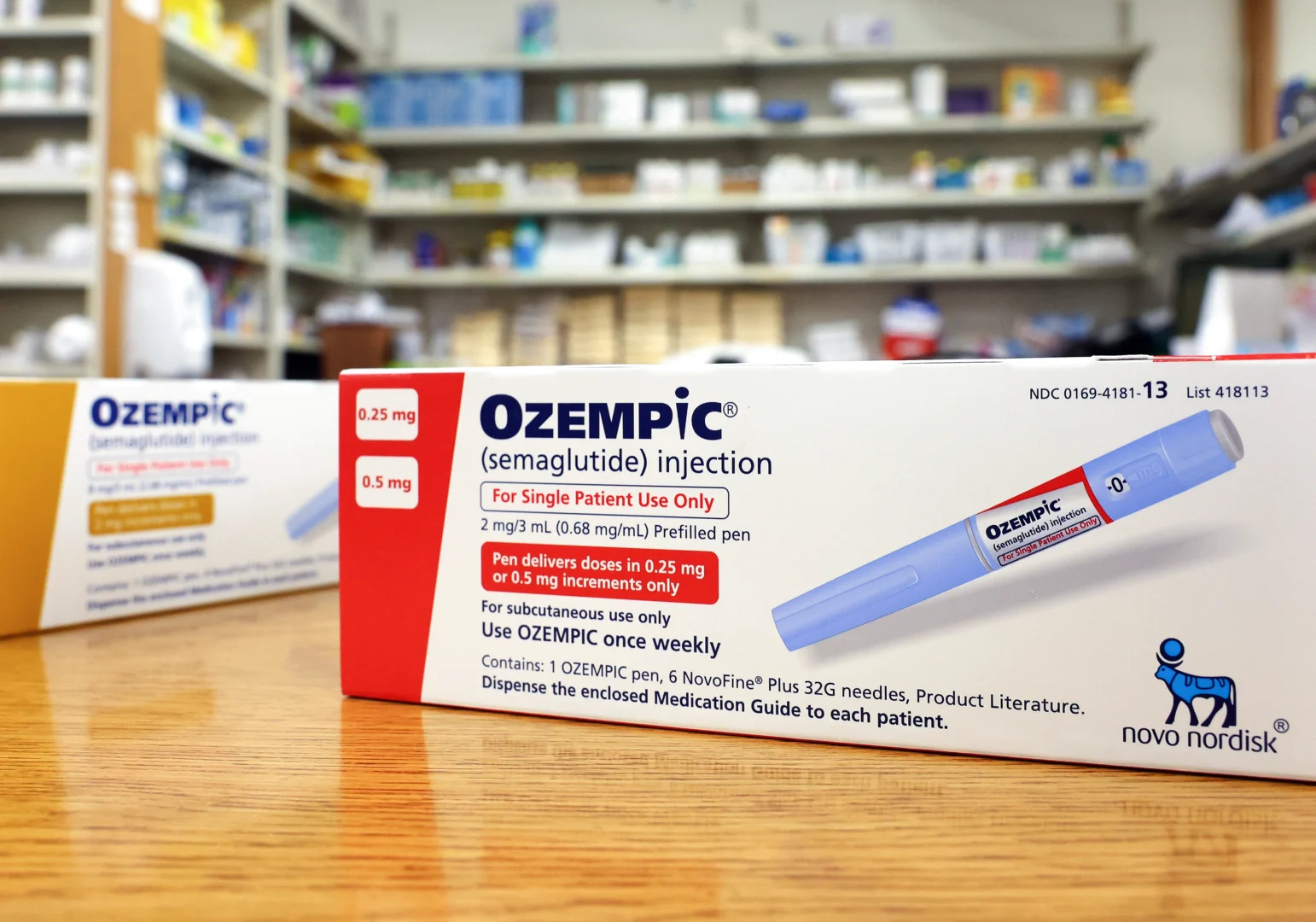NAIROBI, Kenya — The Ministry of Health, through the Pharmacy and Poisons Board (PPB), has issued a public advisory cautioning against the off-label use of Semaglutide-containing compounds, which are widely marketed under brand names such as Ozempic, for weight loss.
The Board stated that while the drug is officially approved for treating adults with type 2 diabetes that is not adequately controlled, its unsupervised use by individuals seeking rapid slimming results poses significant health risks.
In an alert released on Tuesday, PPB Chief Executive Officer Dr. Fred Siyoi emphasized, “Semaglutide is a prescription-only medicine and its unsupervised or off-label use may result in serious health outcomes.”
Dr. Siyoi explained that Semaglutide, also known by generic names and the brand name Ozempic, should only be used under the supervision of a qualified healthcare professional for its intended, medically approved purpose.
He acknowledged that while the benefits of Semaglutide for diabetic patients outweigh its risks, safety concerns have been continuously raised, particularly when the drug is used outside its approved medical function.
The PPB highlighted some common side effects associated with the drug, including low blood sugar (hypoglycemia), eye conditions, acid reflux disease, and intestinal obstruction, with varying levels of severity.
Also Read: Kenyan scientists unveils new HIV treatment regimens tailored for Africa’s aging population
“In light of the foregoing safety concerns, the public is advised against the off-label use of the medicines and encouraged to report any suspected side effects and poor quality products,” Dr. Siyoi added.
The public is urged to report any adverse reactions through the official PPB pharmacovigilance reporting portals.
This warning comes amid a global, social-media-driven trend where non-diabetic individuals are seeking Ozempic, which has been promoted as a “miracle” weight-loss injection.
Authorities now fear that this trend could lead to a surge in unregulated consumption, adverse reactions, and black-market sales, prompting this new call for prudence and vigilance in the use of medicine.
